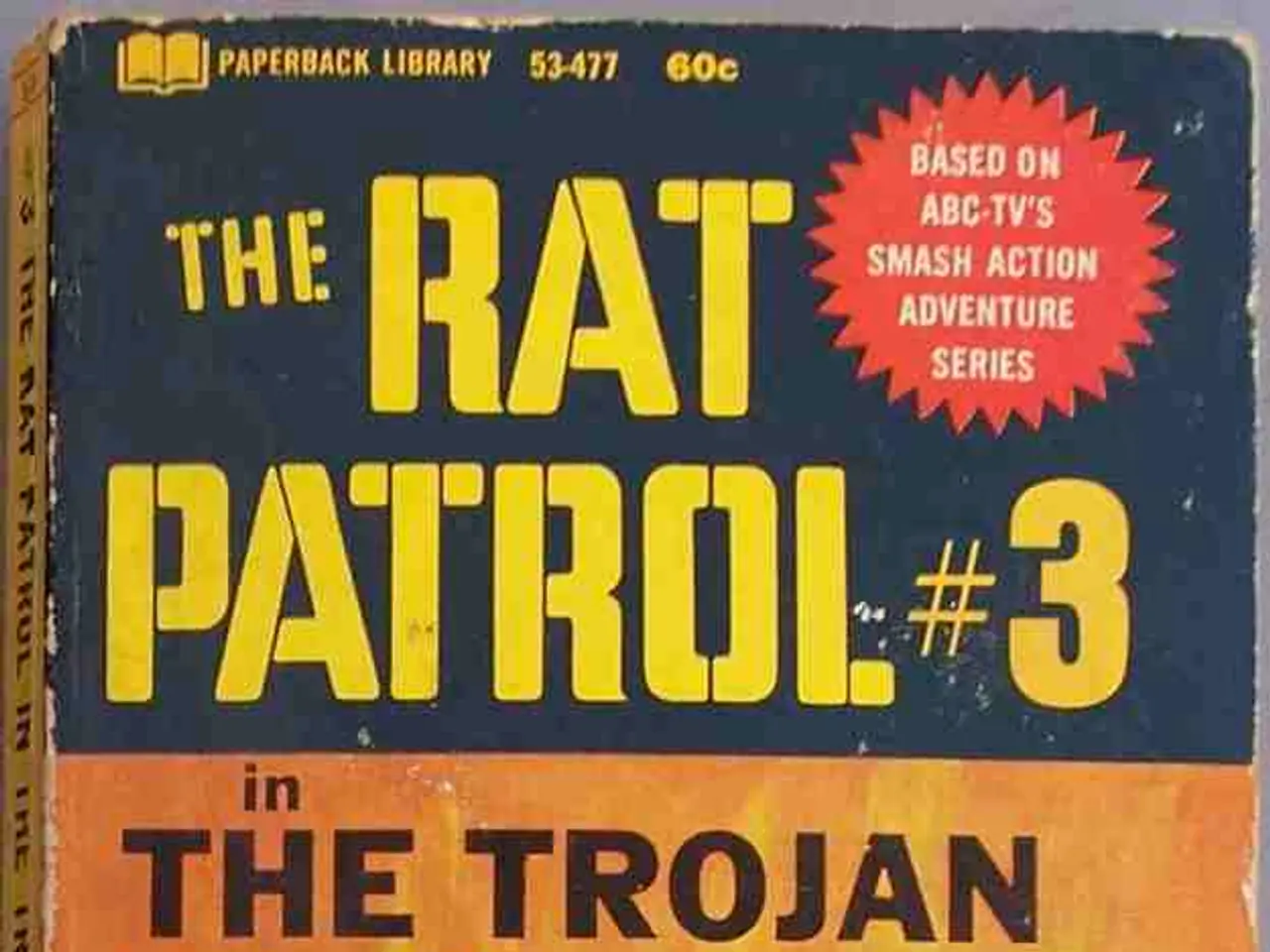Conflict's End: Two Mothers of Kurdish Origin Share Their Reflections
In the heart of southeastern Turkey, the peace process between the Turkish government and the Kurdistan Workers' Party (PKK) is in a delicate phase. The PKK's announcement of dissolution in May 2025 marked a significant step towards ending their four-decade-long insurgency.
However, the path to peace remains challenging. The Turkish parliamentary commission, tasked with managing the political and legal steps towards disbanding the PKK, has classified all discussions as state secrets. This decision reflects the sensitive and potentially volatile nature of the process, with the confidentiality agreement lasting for at least a decade.
While the Turkish government continues to exert military pressure on the PKK, especially in Iraqi Kurdistan, the conflict has displaced civilians and destabilized the region. The ongoing military actions and political crackdowns by the Erdoğan administration on Kurdish and broader opposition groups have cast doubt on the sincerity of reconciliation efforts.
The emotional toll of this conflict is palpable among the grieving mothers on both sides. Although direct references to their experiences are not detailed, historical and ongoing conflicts of this nature typically cause deep trauma and enduring grief among families. Mothers like Rojbin Sadet, who lost her daughter in the conflict, and Mevlude Ucdag, who has been protesting for six years for her son's return, embody this pain.
Sadet, part of a group called the Mothers of Peace, calls for an end to the conflict through dialogue, not weapons. Ucdag, a member of the Mothers of Diyarbakir, blames the PKK for tearing her family apart and hopes for her son's return, despite reports of his death.
Diyarbakir, Turkey's largest Kurdish city, was once a war zone, with clashes between Kurdish militants and Turkish forces. Sadet hopes that the latest call for peace means no more children will die the way hers did. Ucdag, on the other hand, remains wary, holding onto hope for her son's safe return.
The peace process, if successful, could stabilize the region, improving security and enabling refugee returns. Yet, the overall environment remains fragile, and the peace is far from assured at this stage. The grieving mothers, like Sadet and Ucdag, continue to bear the brunt of this conflict, their hope for peace tempered by the persistent instability.
- The government's decisions to maintain military pressure and classify discussions related to the peace process with the PKK as state secrets have raised concerns about the sincerity of the Turkish administration's political reconciliation efforts.
- In light of the ongoing military actions and political crackdowns, news organizations are closely monitoring events in southeastern Turkey and Diyarbakir, particularly regarding war-and-conflicts, politics, and crime-and-justice.
- The general news landscape is dominated by discussions about the delicate peace process between the Turkish government and the PKK, with a focus on the role of grieving mothers, like Rojbin Sadet and Mevlude Ucdag, advocating for peace and demanding justice.





